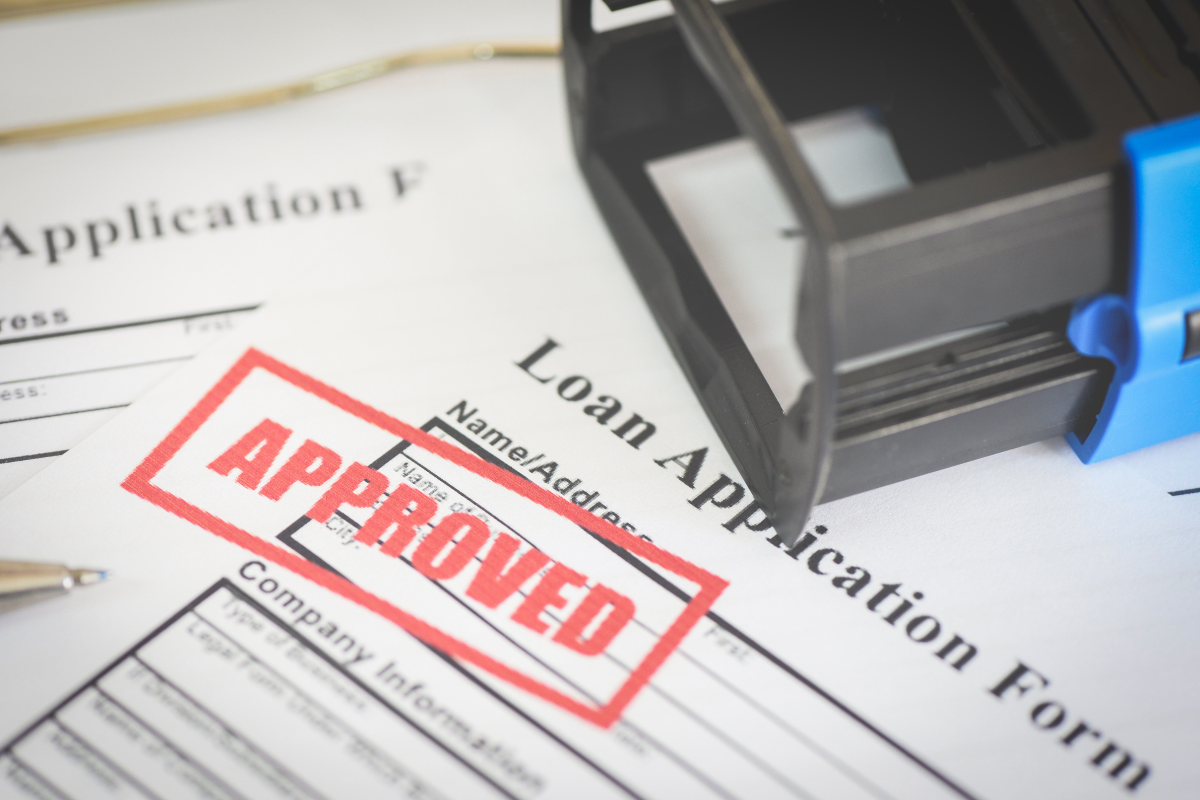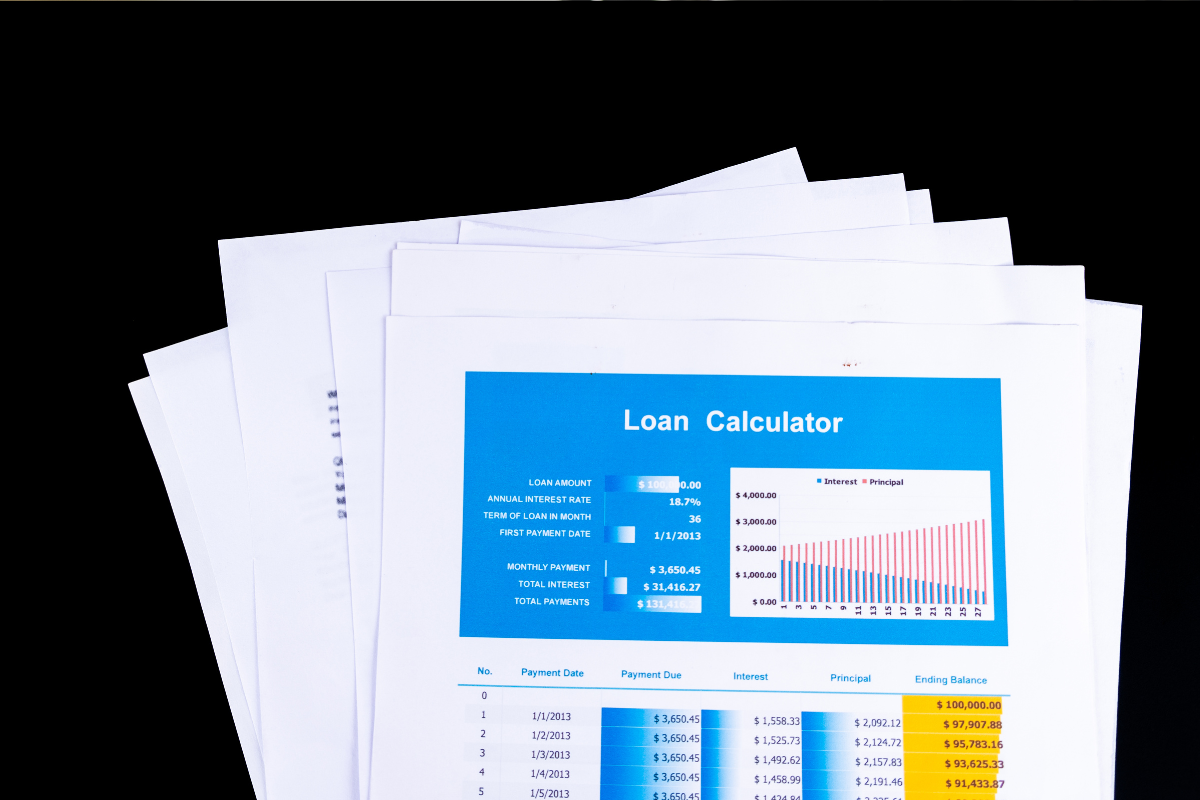Personal loans represent unsecured lending options that provide borrowers with a substantial sum of money, often swiftly transferred to their bank accounts.
These loans offer versatility as they can serve various purposes, including alleviating burdensome high-interest credit card debt or embarking on home improvement projects.
This article will delve into the advantages and disadvantages that you should consider when applying for a personal loan, presenting a comprehensive overview.
Post Contents
Pros of Personal Loans
One Lump Sum
Personal loans provide borrowers with a lump-sum payment, making it convenient for large purchases, debt consolidation, or addressing specific financial needs.
With a fixed interest rate and predictable monthly payments, managing the loan becomes easier.
Fast Funding Times
Personal loans often come with fast approval and disbursement times, making them suitable for emergencies and urgent financial requirements.
Some lenders can deposit the loan amount into your bank account as quickly as the next business day.
No Collateral Requirement
Unlike secured loans, personal loans are unsecured and do not require borrowers to put up assets like homes or cars as collateral. This eliminates the risk of losing valuable property in case of default.

Reduced Interest Rates
Personal loans typically present more favorable interest rates in comparison to credit cards.
As of September 2023, the mean interest rate for personal loans registers at 11.31%, whereas credit card rates average around 20.68%.
Individuals with commendable credit standings have the potential to secure personal loan rates ranging from 10.3% to 12.5%, thereby potentially achieving savings on interest expenses.
Versatility and Adaptability
Personal loans exhibit a wide spectrum of utility. Distinguishing themselves from specialized loans (e.g., auto loans), personal loans can be effectively harnessed to fulfill diverse financial requirements, encompassing debt consolidation and medical expenditures.
Prolonged Loan Durations
Personal loans frequently extend repayment terms to accommodate borrowers, typically spanning from 2 to 10 years, contingent upon the lender.
Consequently, this engenders reasonable monthly payments and affords borrowers ample time to reimburse the borrowed sum.
Easier To Manage
Personal loans simplify financial management, especially for those consolidating debts.
A single fixed-rate monthly payment is easier to handle compared to juggling multiple credit cards with varying interest rates and due dates.
Cons Of Personal Loans
Higher Interest Rates for Some
Personal loans might not always offer the best interest rates, especially if you have a lower credit score. People with poor credit might end up with higher interest rates than what credit cards or secured loans provide.
Increased Eligibility Criteria
Personal loans may entail more stringent eligibility criteria when contrasted with alternative financing options.
In instances where you possess a limited credit history or a less favorable credit score, your available choices could be constrained.
Moreover, certain lenders might not entertain co-signers, thereby diminishing the likelihood of securing approval.
Fees and Penalties
Personal loans often involve additional costs that increase the total borrowing expense. These expenses commonly include origination fees, which can range from 1% to 6% of the loan amount, and prepayment penalties if you decide to repay the loan before its term ends.
Additional Monthly Payment
Taking out a personal loan adds another monthly payment to your budget. If not managed carefully, this can strain your finances and potentially lead to overdrawing your account.
Increased Debt Load
While personal loans can be a tool for consolidating debt, they don’t address the root causes of debt.
Paying off credit card balances with a personal loan can free up available credit limits, tempting some borrowers to accumulate more debt.
Higher Payments Than Credit Cards
Personal loans require higher fixed monthly payments and must be paid off within the loan term.
This can be more challenging for some borrowers to manage compared to credit cards with minimum monthly payments and no strict deadlines for full repayment.
Potential Credit Damage
Applying for a personal loan results in a hard credit inquiry, temporarily lowering your credit score.
Additionally, if you fail to make timely payments or have multiple loan applications, your credit can suffer further. However, responsible repayment can help rebuild your credit over time.

When A Personal Loan Might Be Suitable
- In Need of Immediate Funds: In cases where you find yourself in urgent need of readily available funds, personal loans, characterized by their swift approval and speedy disbursement, present a viable solution.
- Creditworthiness Matters: Having a solid credit score is pivotal in securing a more advantageous interest rate, rendering personal loans an appealing choice.
- Debt Integration: Personal loans prove their utility in amalgamating high-interest debts into a singular, easy-to-manage payment.
- Crucial Expenditures: In instances where essential expenses, such as medical bills or home repairs arise, personal loans stand as a dependable means of obtaining the requisite financial backing.
When A Personal Loan Might Not Be Suitable
- Lack of Clear Purpose: If you don’t have a specific and necessary use for the funds, taking out a personal loan can lead to unnecessary spending and interest costs.
- Tendency to Overspend: If you have a history of overspending and using credit irresponsibly, consolidating debts with a personal loan may not address the underlying issue.
- Inability to Afford Monthly Payments: Personal loans come with fixed monthly payments. It’s essential to assess your budget and ensure you can comfortably manage the additional payment.
- No Urgency: If your financial need isn’t immediate, consider building savings to cover expenses rather than taking out a loan.
Choosing The Best Personal Loan
When considering a personal loan, it’s essential to compare offers from different lenders to find the best deal and loan terms that align with your financial goals. Key factors to evaluate include:
- Interest Rate: Seek the most competitive interest rate possible, especially if you have a strong credit history.
- Loan Amounts: Ensure the loan amount meets your specific needs.
- Fees: Scrutinize fees associated with the loan, including origination fees and prepayment penalties.
- Loan Terms: Consider the loan term and its impact on your monthly payments and total interest costs.
- Customer Service: Assess the lender’s customer service support and experience, as good service can be crucial during the loan term.
- Types of Loans: Explore the range of loan types offered by the lender to determine if they align with your financial needs.
In Conclusion
Before acquiring a personal loan, it’s important to formulate a well-defined strategy regarding the utilization of the funds and the subsequent management of repayment, encompassing any accrued interest.
Deliberate on the merits and demerits associated with personal loans in comparison to substitute financial avenues like home equity loans, HELOCs, or credit cards offering a 0% APR.
Compare offers from multiple lenders, read the fine print and assess fees and penalties. Ultimately, the decision to take out a personal loan should align with your financial goals and your ability to manage the associated responsibilities.






























